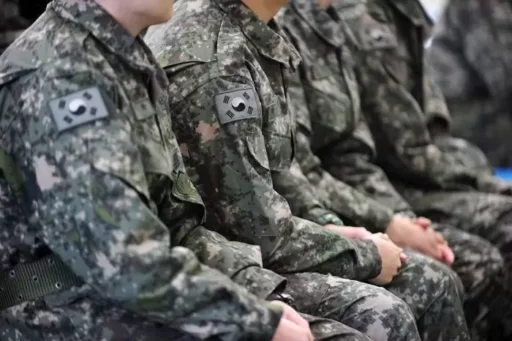Alternative Military Service and DUI Accident: A Crisis for Conscientious Objectors
A conscientious objector, who was undergoing alternative military service, is under police investigation for causing a traffic accident while driving under the influence.
According to a report by Chosun Ilbo on the 17th, Lee (29), a conscientious objector serving alternative military service at Daejeon Correctional Facility, was involved in a collision around 9 PM on the 2nd at Jeongnim Intersection in Daejeon.

Upon arriving at the scene, police conducted a sobriety test and found Lee driving under the influence. He was formally summoned as a suspect on the 15th. It has been reported that his blood alcohol concentration at the time of the accident was at a license revocation level (0.08% or higher).
Lee is a Jehovah's Witness and has refused active military service based on his religious beliefs, opting instead to serve alternative military service in a correctional facility.
The Daejeon Correctional Facility is said to be reviewing disciplinary actions against Lee, depending on the final verdict regarding his sentence.
Possibility of Disqualification from Alternative Military Service and Legal Precedents
Under the current Military Service Act, if a prison sentence of imprisonment or higher is imposed, an individual's eligibility for alternative military service may be revoked.
In this case, Lee could be required to transition to active duty military service and fulfill the remaining service period.

It is noteworthy that the Supreme Court has previously ruled against recognizing the sincerity of conscientious objectors based on a history of DUI offenses. This judgment emphasizes that conscientious objection must be rooted in genuine beliefs rather than mere avoidance of military service.
The alternative military service system for conscientious objectors has been in place since the Constitutional Court's decision in 2018 and was implemented in 2020, requiring 36 months of service in correctional facilities.
These individuals primarily perform administrative tasks, facility management, and meal support in prisons or detention centers.
Image source: Reference photos for understanding the article / gettyimagesbank


